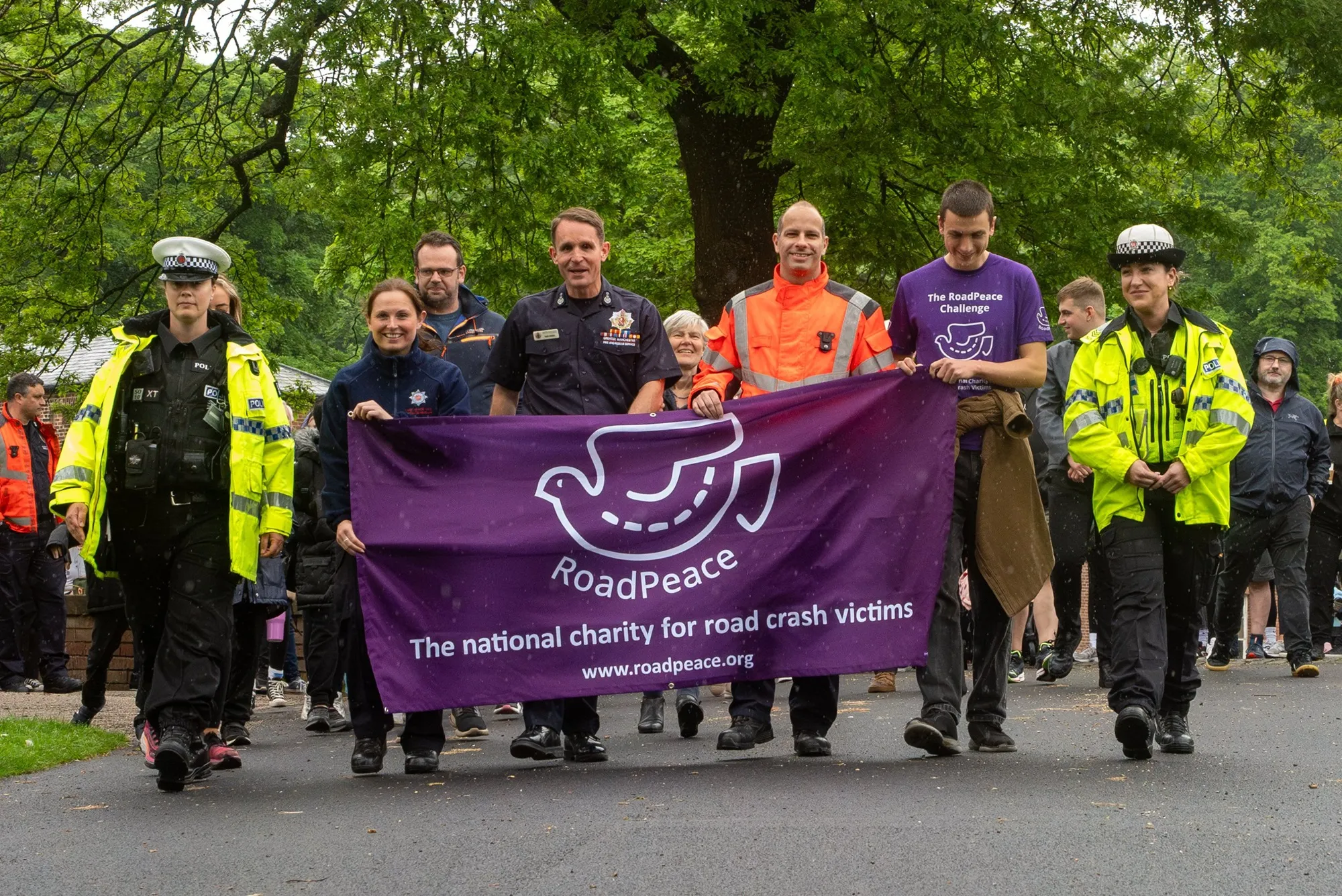Responding to reports that the UK Highways Agency is to roll out speed cameras on stretches of ‘smart’ motorways, road safety charity Brake has spoken in support of the proposal.
Julie Townsend, deputy chief executive, Brake, the road safety charity, said: "Speed cameras are an extremely well evidenced, cost-effective way to improve safety and reduce deaths and injuries on roads where they are placed, preventing families going through the trauma of a sudden bereavement or life-changing injury. Put simpl
February 4, 2014
Read time: 2 mins
Responding to reports that the 1841 UK Highways Agency is to roll out speed cameras on stretches of ‘smart’ motorways, road safety charity 4235 Brake has spoken in support of the proposal.
Julie Townsend, deputy chief executive, Brake, the road safety charity, said: "Speed cameras are an extremely well evidenced, cost-effective way to improve safety and reduce deaths and injuries on roads where they are placed, preventing families going through the trauma of a sudden bereavement or life-changing injury. Put simply: speed cameras reduce speeding, which helps to prevent deadly crashes. Breaking the speed limit is risky and illegal, so only drivers who break the law will face fines."
The cameras are to be installed as part of the UK Highways Agency Digital Enforcement Camera System (HADECS 3) managed motorway project to support the implementation of mandatory variable speed limits on selected motorways, in an effort to keep traffic flowing and increasing motorway capacity. Police already have the powers to enforce the 70 mph motorway speed limit.
Julie Townsend, deputy chief executive, Brake, the road safety charity, said: "Speed cameras are an extremely well evidenced, cost-effective way to improve safety and reduce deaths and injuries on roads where they are placed, preventing families going through the trauma of a sudden bereavement or life-changing injury. Put simply: speed cameras reduce speeding, which helps to prevent deadly crashes. Breaking the speed limit is risky and illegal, so only drivers who break the law will face fines."
The cameras are to be installed as part of the UK Highways Agency Digital Enforcement Camera System (HADECS 3) managed motorway project to support the implementation of mandatory variable speed limits on selected motorways, in an effort to keep traffic flowing and increasing motorway capacity. Police already have the powers to enforce the 70 mph motorway speed limit.









